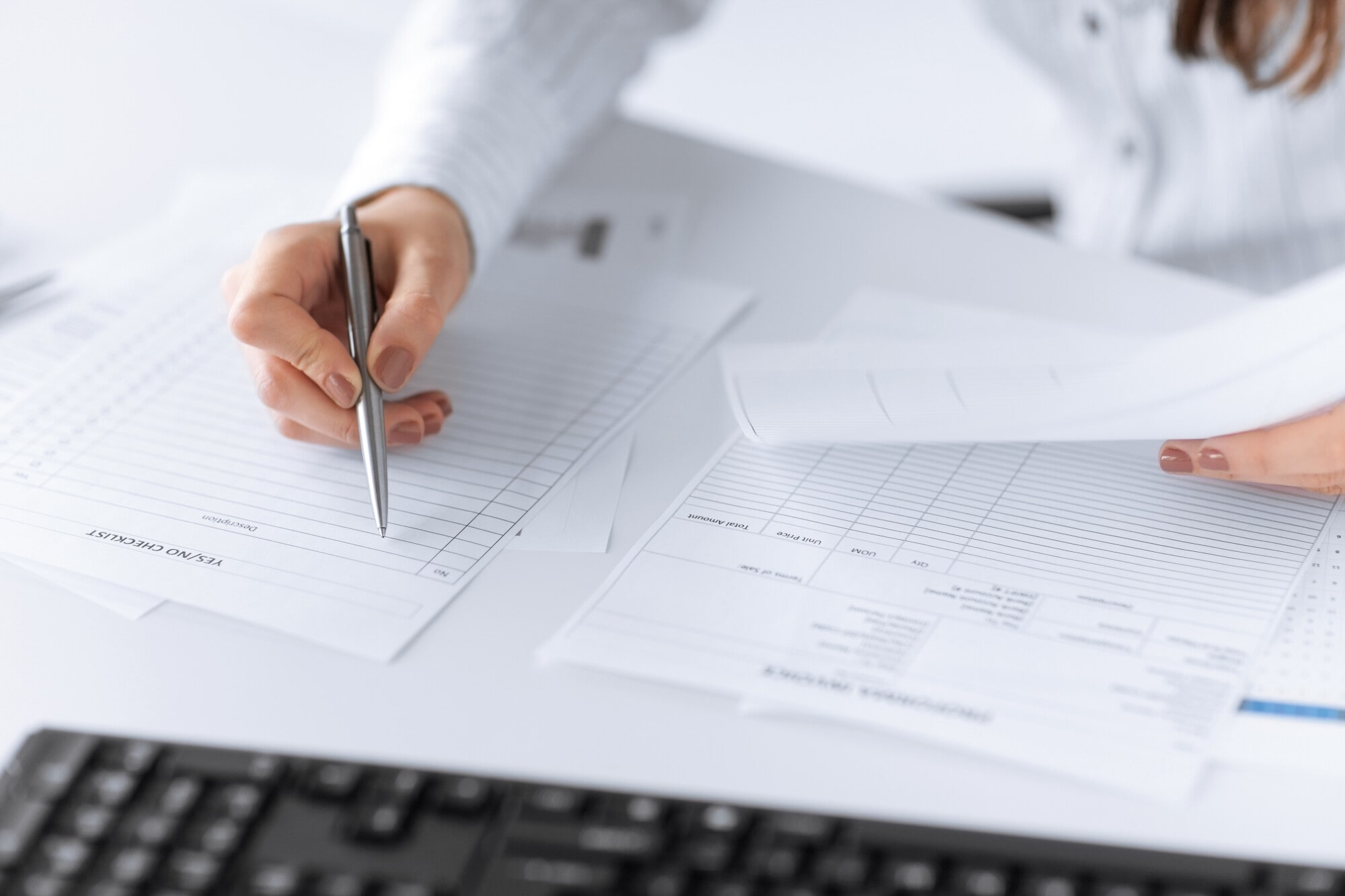Over 20 million of America's rental properties are owned by individual investment landlords or "mom-and-pop" landlords, and most people start with only one property. Managing your own rental property accounting is simple and cost-effective when you only have one unit.
However, once you start adding properties, the accounting burden becomes more complex. Cutting through the complexity might not require overhauling your accounting process; you may just need to make some critical adjustments. Read this list below for tips and tricks on how to manage rental property accounting.
Keeping Separate Accounts
Keeping your rental business account separate from your personal bank account is a must-do. All incomes and expenses relating to your properties should flow through this separate business account, primarily for taxation reasons.
If you register as an LLC, the separate account fortifies the liability protection. Even if you aren't registered as an LLC, the separate account simplifies the accounting process. The IRS will also not have to peak through your personal account if they audit your property management recordkeeping.
Use Rental Property Accounting Software or Apps
There are marvelous apps today that handle expense tracking for rental properties. The primary function to look out for is the ability to set up categories for incomes and expenses.
Give each property you own its own category. If you have a property with unusual tax implications or expenses, you can set different rules for that category.
Using software is easier than hard-copy ledgers because you can edit each page's outlook based on what you need for that property. It's also easier to catch and correct mistakes with technology.
Track Expenses in Real Time
Tracking expenses as soon as they happen helps keep all your data in one place. Your bank or credit account will already record purchases, but that's not enough. You can use an app or a PDF scanner linked to a Google Drive.
To do this well, keep all supporting documents (invoices, service reports, etc.). These serve as evidence to back up any expense deductions the IRS may be querying.
Tracking them in real-time also lets you see how regularly certain expenses come up. These are helpful analytics that help better plan your finances.
Have a Designated Organizing Day
Rental income is often called "passive" because it doesn't take up nearly as much time as a job. However, rental properties do still require attention and care.
Setting a few hours or a day aside to consolidate all your paperwork helps you stick to the commitment. If you don't, unplanned events may take much of your time. Between life's randomness and other obligations, you'll be left with no time to get and stay organized.
Get a Helping Hand
Landlords can use many useful tools to keep their records organized. Using a different bank account for business does a lot to simplify your accounting.
Using technology and tracking expenses in real-time are habits that overlap and strengthen each other. Taking a day to organize also keeps rogue documents in check. Together, these techniques will produce air-tight bookkeeping.
If you need extra help, you can also contact professionals. We know how to manage rental property accounting at high and professional standards. Partner with us today to access incredible resources, valuable tools, rental property accounting tips, and more.

